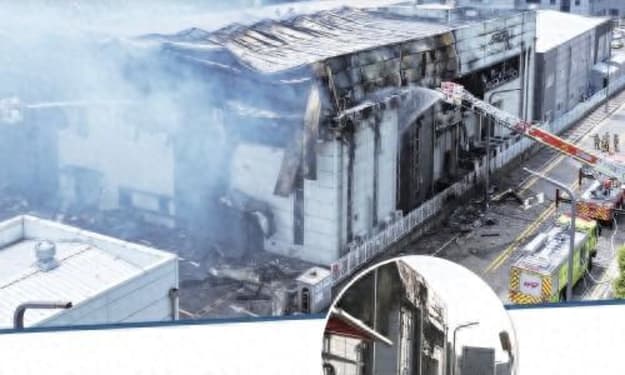The impact of technology on modern society
impact of technology on modern society

In the 21st century, technology has become an integral part of modern society. The advancements in technology have transformed every aspect of human life, from the way we communicate, work, and socialize, to the way we learn, shop, and entertain ourselves. While there are many benefits of technology, there are also negative impacts that cannot be ignored. In this essay, I will explore the impact of technology on modern society in greater depth.
Firstly, technology has revolutionized the way we communicate. The internet and social media platforms have made communication faster, more efficient, and more accessible. We can now connect with people from all over the world in real-time, share information, and stay up-to-date with news and events. This has facilitated the growth of online communities, which has created a sense of belonging among people who share similar interests, regardless of their geographical location. However, technology has also made it easier for people to engage in cyberbullying, harassment, and hate speech.
One of the most significant impacts of technology on communication has been the rise of social media. Social media platforms like Facebook, Twitter, and Instagram have enabled people to connect and share information with one another instantly. Social media has been a powerful tool for social and political activism, allowing people to organize and mobilize on a large scale. However, social media has also been criticized for its negative impact on mental health. Studies have shown that excessive use of social media can lead to feelings of isolation, depression, and anxiety.
Secondly, technology has changed the way we work. Automation and artificial intelligence have led to increased efficiency and productivity, but they have also led to job displacement, particularly in industries that rely heavily on manual labor. The rise of remote work has enabled people to work from anywhere in the world, which has increased job opportunities and flexibility. However, it has also blurred the boundaries between work and personal life, making it difficult for people to disconnect from work and causing burnout.
The rise of automation and AI has also led to concerns about the future of work. Many jobs that were once done by humans are now being automated, leading to job displacement and unemployment. However, proponents of automation argue that it will lead to increased efficiency, productivity, and innovation. The key challenge is to ensure that automation does not exacerbate inequality, and that displaced workers have access to retraining and other support.
Thirdly, technology has transformed the way we learn. Online education platforms have made education more accessible, affordable, and flexible. People can now learn at their own pace, and from anywhere in the world. However, technology has also led to a decline in face-to-face interaction and has made it more difficult for people to develop interpersonal skills.
Online education has been a game-changer for many people, particularly those who face barriers to traditional education, such as geography, cost, or time. However, there are concerns about the quality of online education and the lack of social interaction that comes with it. Online learning can be isolating, and students may miss out on the social and interpersonal skills that come with face-to-face learning.
Fourthly, technology has had a significant impact on the economy. E-commerce has revolutionized the way we shop, making it more convenient and accessible. It has also enabled small businesses to reach a global market, which has increased their profitability. However, it has also led to the closure of many brick-and-mortar stores, and the loss of jobs.
E-commerce has been a game-changer for consumers, who now have access to a wider variety of products and can shop from the comfort of their own homes. However, it has also had a significant impact on the retail industry, leading to the closure of many traditional brick
About the Creator
Enjoyed the story? Support the Creator.
Subscribe for free to receive all their stories in your feed. You could also pledge your support or give them a one-off tip, letting them know you appreciate their work.






Comments
There are no comments for this story
Be the first to respond and start the conversation.